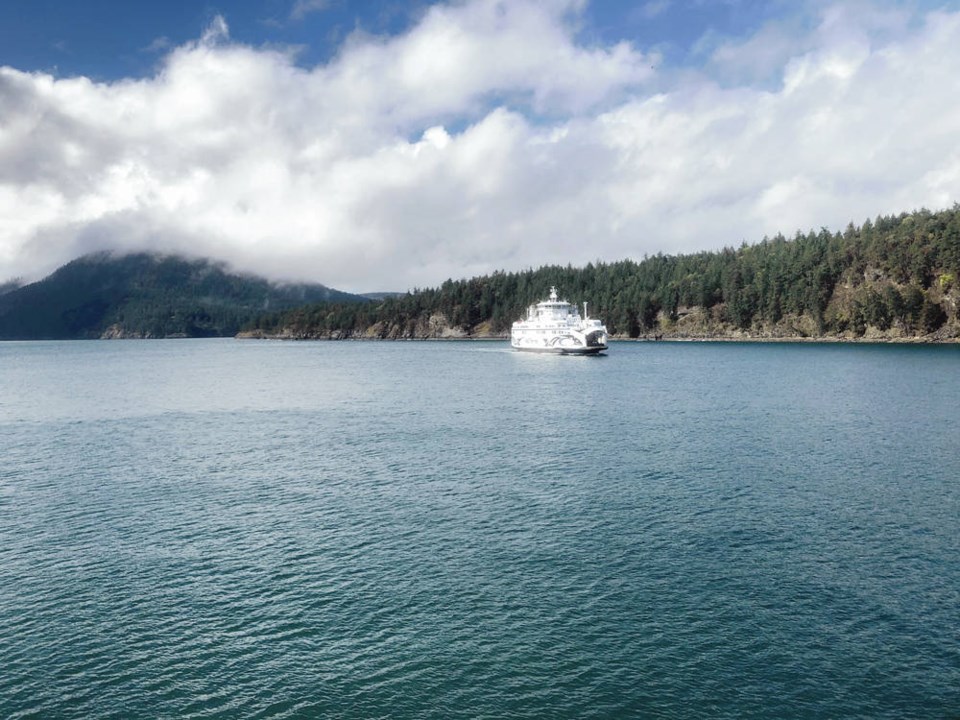A commentary by the Islands Trust Council chair.
In the March 25 Times Colonist, Jacinthe Eastick concluded that a recent decision of Islands Trust Council means that the Gulf Islands and Atl’ka7tsem/Howe Sound can now be developed in the same way as any other area of the province.
This is not the case. For more than 45 years, the provincial Islands Trust Act has mandated Islands Trust to “preserve and protect the Trust Area and its unique amenities and environment for the benefit of the residents of the Trust Area and of British Columbia generally, in cooperation with municipalities, regional districts, improvement districts, other persons and organizations and the government of British Columbia.”
Islands Trust will continue to protect island and marine environments as stated in the Islands Trust mandate; and, in a historic motion, Islands Trust has committed to define cultural heritage as a unique amenity.
During the day-long discussion on amendments to the Policy Statement, the document that guides and directs decision-making, Trust Council voted to define the words “unique amenities” in the Islands Trust Act as inclusive of the cultural heritage of Indigenous Peoples in the Islands Trust Area.
The inclusion of cultural heritage within “unique amenities” recognizes what First Nation governments and communities have been telling Islands Trust since 1974: That this place, these islands, are the cultural sites, village sites, ancestral resting places, and cultural areas of Indigenous Peoples since time immemorial, and they must be protected.
Trust Council also affirmed during its March meeting its understanding that Islands Trust’s mandate includes the concept of the protection of healthy and inclusive communities, including housing and transportation.
The legislated mandate for the Trust to preserve and protect the environment has not changed.
As a government unique in the world, Islands Trust is mandated to preserve and protect the islands and surrounding waters of the Gulf Islands and Atl’ka7tsem/Howe Sound.
This special region contains British Columbia’s most biodiverse and endangered ecosystems, and is subject to strong development and tourism pressures that are exacerbating housing affordability issues.
Trust Council is committed to prioritizing ecological integrity, cultural heritage protection, and freshwater protection. Trust Council is committed to implementing the principles of reconciliation, to undertaking meaningful climate action, and to supporting the provision of safe, secure, and affordable housing.
As we all contemplate climate change and the increasing pressures of development, we need to foster resilience for both ecosystems and communities, while ensuring we protect cultural heritage and the environment.
Because it is needed, Islands Trust is in a process of renewing itself today; this is a historic time.
We are attempting to strengthen how we carry out the preserve-and-protect mandate and how we collaborate with First Nations in meaningful ways, now and into the future.
The real work of implementing new policies has just begun, and there is healthy debate to be heard. We are grateful for all the comments we are receiving from the community, and look forward to hearing more as we work to preserve and protect one of British Columbia’s most biodiverse and endangered ecosystems — one which is under strong development, tourism and housing pressures.
The principles of reconciliation form the foundation of the work before us. I am overjoyed that we are doing this work informed by Islands Trust Council’s Reconciliation Declaration.
It is long overdue that in our daily work and decision-making we are turning our minds and hearts to protecting cultural sites, incorporating traditional knowledge, changing our processes and working collaboratively with First Nations toward ensuring the values that make the Islands Trust Area unique are protected into the future.
We must recognize the work we have not done, mistakes made, and must now prioritize work to preserve and protect the place we call home.
As the discussion continues, we welcome opportunities to learn from everyone who would like to inform this process. Let’s work together, because these are times for reflection and times for action.
Send your thoughts to Islands2050@islandstrust.bc.ca.



